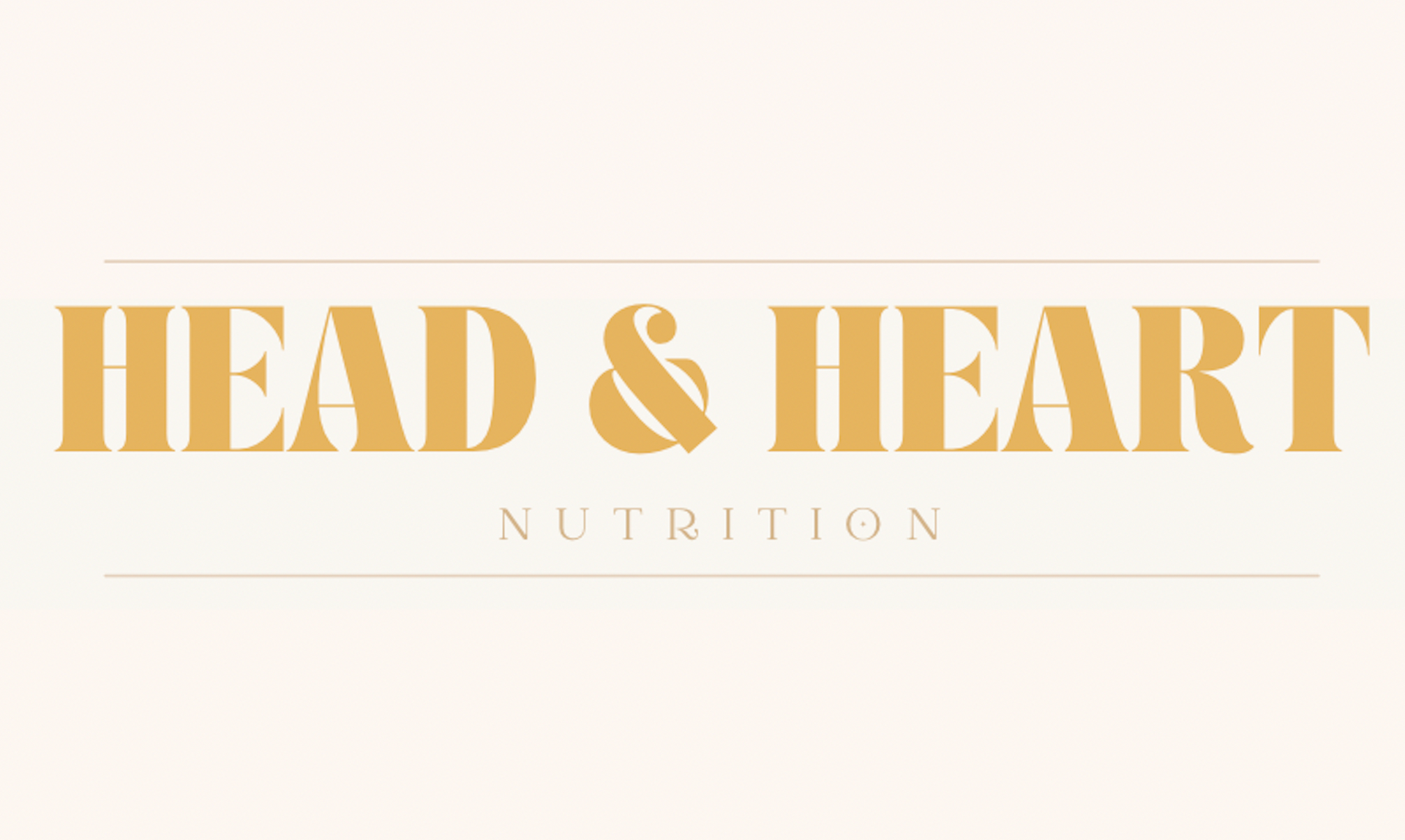Beyond the Hype: Building Sustainable Nutrition Habits for Life
Strategies for Sifting Through Nutrition Information

We live in a world where information is instantly accessible. We are seeing messages and being influenced whether we want to be or not. There is, without a doubt, a huge oversaturation of nutrition information online and on social media these days. Nutritionists, doctors, personal trainers, and influencers all give their nutrition advice when they do not have the background or credentials to be giving this advice. You read that right - you should not be getting nutrition advice from nutritionists - read the linked article to find out why.
The amount of information and advice can be extremely overwhelming for consumers. People get caught in the cycle of trying diet after diet, constantly unhappy with their bodies and feeling like they failed. That’s exactly what the diet industry wants - they want you to fail and be stuck in the cycle.
Here are my tips to be an informed consumer of nutrition information to avoid falling victim to the latest fad diet and trend:
- Ask yourself who is telling you this information
- Is it a company advertisement trying to sell you a supplement?
- Is it an influencer being paid to use the supplement?
- Is the information coming from a registered dietitian?
- Does the information have research backing it, and do you know the long term effects?
- Ask yourself if the supplement or diet is something you want to do for the rest of your life
- Your diet should be sustainable and one that you follow for the rest of your life. There will be ebbs and flows, changes with seasons, fluctuations… but overall, do you want to be buying the supplement to sustain you for the rest of your life? Do you want to avoid carbs for the rest of your life? If you cannot see yourself doing it for a long period of time, then it is not for you.
- Does it seem too good to be true?
- When something seems too good to be true, it often is. Companies try to sell consumers a quick fix, a miracle supplement, but this is not effective and not a long term solution.
- With social media, many people exaggerate their reviews saying that a product is “life changing.” In reality, there are so many other factors playing a part and a single product will not drastically change your health or physical appearance. Does it seem like this person is being paid for advertising the product? If you go back into their posts, did they always look this way?
- Are there credible sources?
- There is a lot of conflicting research online, and people are taking correlations in studies and treating it as facts. These people want to seem like they have the next big breakthrough, the next crucial piece of information, and stay ahead of the trends. Often, these articles do not have enough evidence or support. Many people do not know how to read research articles and understand them. You can always check the sources before believing facts, and if there are no sources, then that says enough.
Asking yourself these four questions will undoubtedly save you a lot of time and money, as well as shame for feeling like you failed when they don’t work. We often feel like we,
our bodies, are the problem, not the information given to us. Everyone could eat the same, use the same supplements, and workout the exact same - yet we would all look different. It’s okay to feel confused and lost among all of the information being thrown at you, which is why it is best to seek a professional who will help you learn the perfect balance for your body and lifestyle.









